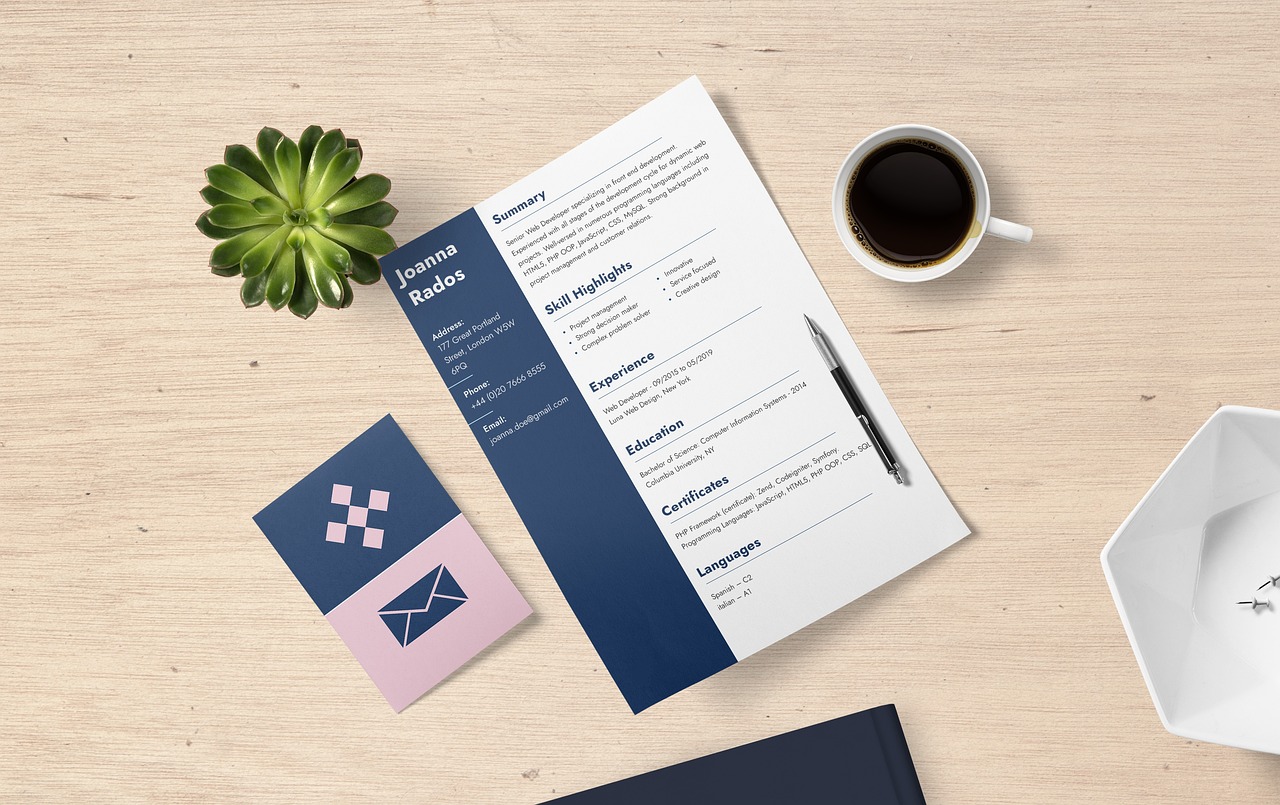To have an effective resume, speaking for the United States job market, two important aspects must be considered. Those are the format and the content.
In this article, I will focus on the content because it is important to know what information needs to be added and what does not is essential.
In my experience as a Colombian immigrant, I can tell you that my first resume for a professional job in this country was a replica of the resume that I used in my country.
I made serious mistakes because the information in this document in the US is very different from what I knew.
First, I must tell you that recruiters looking for professionals for their companies use a software called ATS.
They use this system to process the information from the curriculum, getting the information they need and speeding up the process.
If you don’t have the right content, the software will display information that isn’t valuable to the recruiter, “throwing it into the trash”.
What information should I put on my resume?
The basic information that a recruiter looks for is
-
- Your name
-
- Your skills
-
- Your work experience
-
- Your education
What not to write on the resume
Job managers are not interested in your personal or family life. If you want to be competitive, obviously the following information:
-
- Date and place of birth.
-
- Age.
-
- Civil status.
-
- Identification number.
-
- Photo.
-
- Your residence address.
-
- Do not put your home phone.
-
- Personal references. This information is required once the contracting process has advanced.
Additional tips in terms of content to consider when creating your Resume for work.
-
- Do not exceed more than two pages.
- When you write your skills, include the Hard Skills (knowledge) more than the soft skills, such as (teamwork, assertive communication, conflict resolution, etc.)
- In work experience, you need to check the responsibilities and skills that the job offer mentions to write those requirements similarly. Do it writing it as an achievement, more than as a responsibility of the role.
It’s not about lying. It is about adjusting your experience to the position you want to play.
The exercise is going to LinkedIn, for example, look for jobs, using the position you want to perform, and then, using the relevant aptitudes that the opening mentions, you will build your resume.
You must adjust your resume for each new position you want to apply for.
-
Omit irrelevant work experience that has nothing to do with the position you are applying for. If you have many experiences, only mention the last 5 or 6.
If recruiters need more information, they will ask you.
-
Be concise in the information. It is more attractive to mention your achievements in each experience than writing a paragraph that does not say much.
I recommend you read my article about ATS software to find out how recruiters “read” your resume.
Remember: the quality of resume information is more valuable than the quantity of it.
Related Posts


